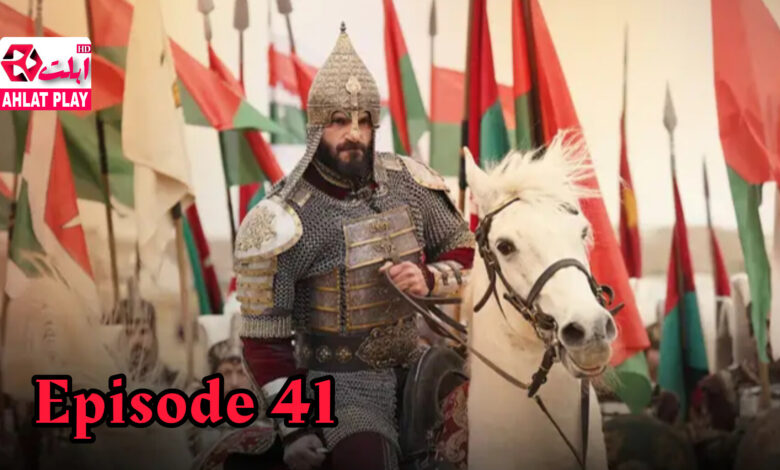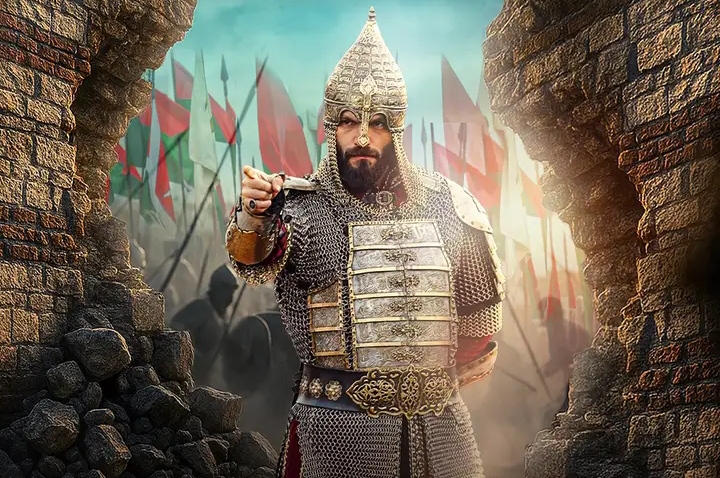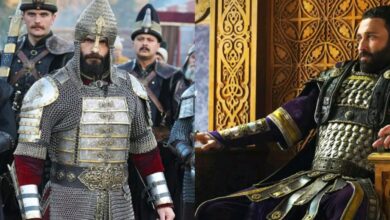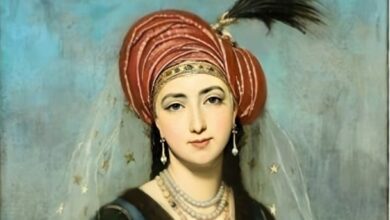Mehmed Fatihler Sultani Episode 41 With Urdu Subtitles

Mehmed Fatihler Sultani Episode 41: The Conquest of Constantinople and the Mydotram of Ulubatlı Hasan
In the world of historical dramas, Mehmed Fatihler Sultani stands out as a powerful representation of one of the most crucial events in Ottoman and world history—the conquest of Constantinople. Episode 41 of this series takes viewers deep into the dramatic events surrounding the siege of this legendary city, which eventually led to the fall of the Byzantine Empire. In this article, we will dive into the significant aspects of this episode, focusing on the conquest of Constantinople and the heroic story of Ulubatlı Hasan, whose sacrifice remains etched in history.
Player 2:
The Significance of Constantinople
Before delving into the details of the episode, it’s essential to understand the historical importance of Constantinople (modern-day Istanbul). Situated on the crossroads of Europe and Asia, Constantinople had long been a city of immense strategic importance. It was the capital of the Byzantine Empire and stood as a beacon of Christian Orthodoxy, culture, and political influence. For the Ottoman Empire, capturing Constantinople was seen as a crucial objective that would solidify their dominance in the region and mark the end of the Byzantine Empire, which had stood for over a thousand years.
The siege of Constantinople began in 1453 under the leadership of Sultan Mehmed II, also known as Mehmed the Conqueror. His ambition to capture the city was not only driven by political and military aspirations but also by religious motivations, as the city held immense significance in Christianity. For the Ottomans, the conquest would also pave the way for the transformation of Constantinople into an Islamic cultural and political center.
The Siege of Constantinople in Episode 41
In Episode 41 of Mehmed Fatihler Sultani, the series portrays the intense and strategic military campaign that culminates in the fall of Constantinople. The episode highlights Sultan Mehmed II’s military brilliance, which played a key role in the eventual success of the siege.
The city was well-fortified with massive walls, which had withstood numerous sieges throughout history. However, Mehmed II had carefully prepared his forces to overcome these obstacles. The episode showcases his decision to employ innovative military techniques, such as the use of massive cannons—especially the famous “Basilica” cannon. The cannons, led by the Hungarian engineer Urban, were capable of firing huge stones that could break through the walls of the city. The siege was not just a test of military might, but also of strategy, patience, and diplomacy.

Ulubatlı Hasan: The Hero of the Siege
While Episode 41 delves into the grand strategies of the Ottoman military, it also brings to light the individual stories of bravery and heroism. One such story is that of Ulubatlı Hasan, an Ottoman soldier whose selfless act of courage is immortalized in history.
Ulubatlı Hasan’s heroism during the siege is a central element in the episode. The walls of Constantinople were a formidable challenge, and the Ottoman forces faced difficulties in breaching them. On the final day of the siege, as Mehmed II’s forces grew desperate, Ulubatlı Hasan took it upon himself to scale the walls of the city and plant the Ottoman flag, signaling to his comrades that victory was within reach.
The act of planting the Ottoman flag on the walls was a symbolic gesture. It was an indication of hope and determination, rallying the Ottoman soldiers to push through the final defenses of the city. Ulubatlı Hasan’s bravery, however, did not come without sacrifice. He was killed shortly after planting the flag, but his legacy as a symbol of courage and loyalty to the Ottoman Empire has endured for centuries.
Mydotram and Ulubatlı Hasan’s Legacy
The scene involving Ulubatlı Hasan in Episode 41 is not only a portrayal of individual heroism but also a reflection of the broader themes of sacrifice and honor that permeate the Mehmed Fatihler Sultani series. This particular scene, as shown with Urdu subtitles, resonates deeply with viewers who are able to connect emotionally with the historical context. Hasan’s selfless sacrifice is a powerful reminder of the cost of conquest and the price that individuals paid for the success of empires.
Mydotram, as shown in the episode, is an important part of the cultural and social narrative in the Ottoman Empire. It’s a traditional practice wherein an individual makes a significant personal sacrifice, often for the greater good. Ulubatlı Hasan’s story, although tragic, is one of the most poignant examples of Mydotram in history. His death at the hands of his enemies and his ultimate sacrifice for the empire he served elevated him to the status of a martyr, a hero who fought not just for his empire but also for the legacy of Islam and Ottoman dominance in the region.
The portrayal of Ulubatlı Hasan’s story in Mehmed Fatihler Sultani is a cinematic and emotional exploration of the sacrifices made during the conquest of Constantinople. The show uses visuals, dialogue, and the Urdu subtitles to ensure that the significance of his actions is understood by a global audience, particularly in regions where the historical connection to the Ottoman Empire is still revered.
The Impact of the Conquest on the Ottoman Empire
The fall of Constantinople, as depicted in Episode 41, marks the end of the Byzantine Empire and the beginning of a new chapter in world history. Mehmed II’s victory established the Ottoman Empire as a dominant force in both Europe and Asia, and it solidified his place in history as one of the greatest conquerors of all time.
The conquest led to the transformation of Constantinople into Istanbul, which became the capital of the Ottoman Empire. The city’s mosques, markets, and cultural centers flourished under Ottoman rule, and it became a hub for scholars, artists, and religious figures from across the empire. This transformation was symbolized in the conquest, which was not just a military victory, but a cultural, religious, and social turning point.
In the centuries that followed, the legacy of Sultan Mehmed II and his conquest of Constantinople shaped the course of world history. The Ottomans would go on to influence the politics, culture, and economy of large parts of Europe, the Middle East, and North Africa.
Conclusion
Mehmed Fatihler Sultani Episode 41 offers a gripping and emotionally charged portrayal of the events surrounding the conquest of Constantinople, one of the most important moments in world history. Through the lens of the series, viewers gain insight into the strategic brilliance of Sultan Mehmed II, the sacrifice of heroes like Ulubatlı Hasan, and the broader impact of the conquest on both the Ottoman Empire and the world at large.
The episode captures the essence of heroism, sacrifice, and the unyielding spirit that characterized the Ottoman Empire’s rise to power. It reminds us that history is often shaped by the deeds of individuals whose courage and determination resonate through the ages, transcending time and borders. Ulubatlı Hasan, through his act of planting the Ottoman flag on the walls of Constantinople, remains a symbol of hope, sacrifice, and loyalty, immortalized in the annals of history.
For those watching with Urdu subtitles, the emotional weight of the story is enhanced, allowing a new generation of viewers to connect with this pivotal moment in history. The story of the conquest of Constantinople is not only one of military triumph but also one of human perseverance and heroism that transcends language and time.



